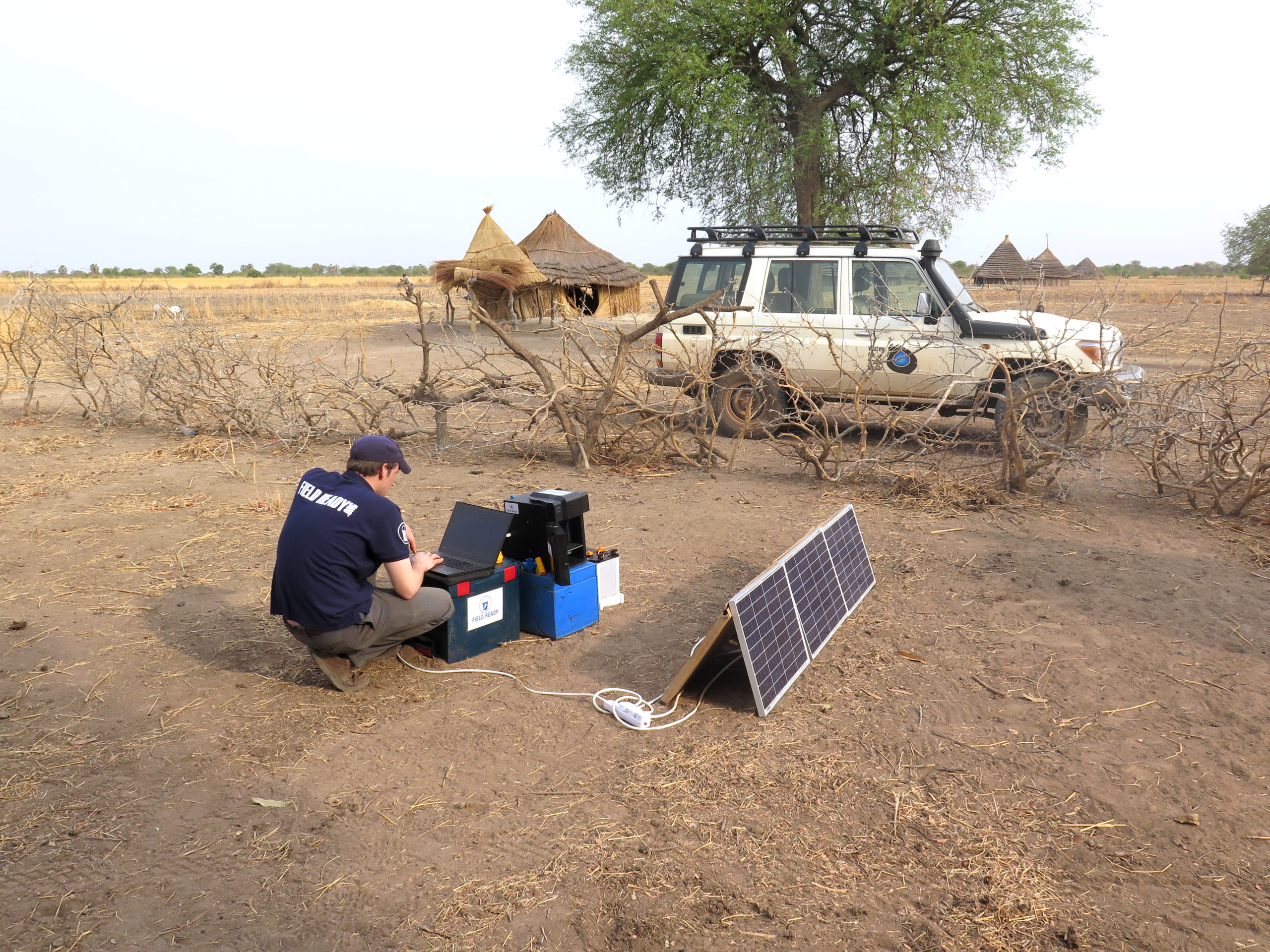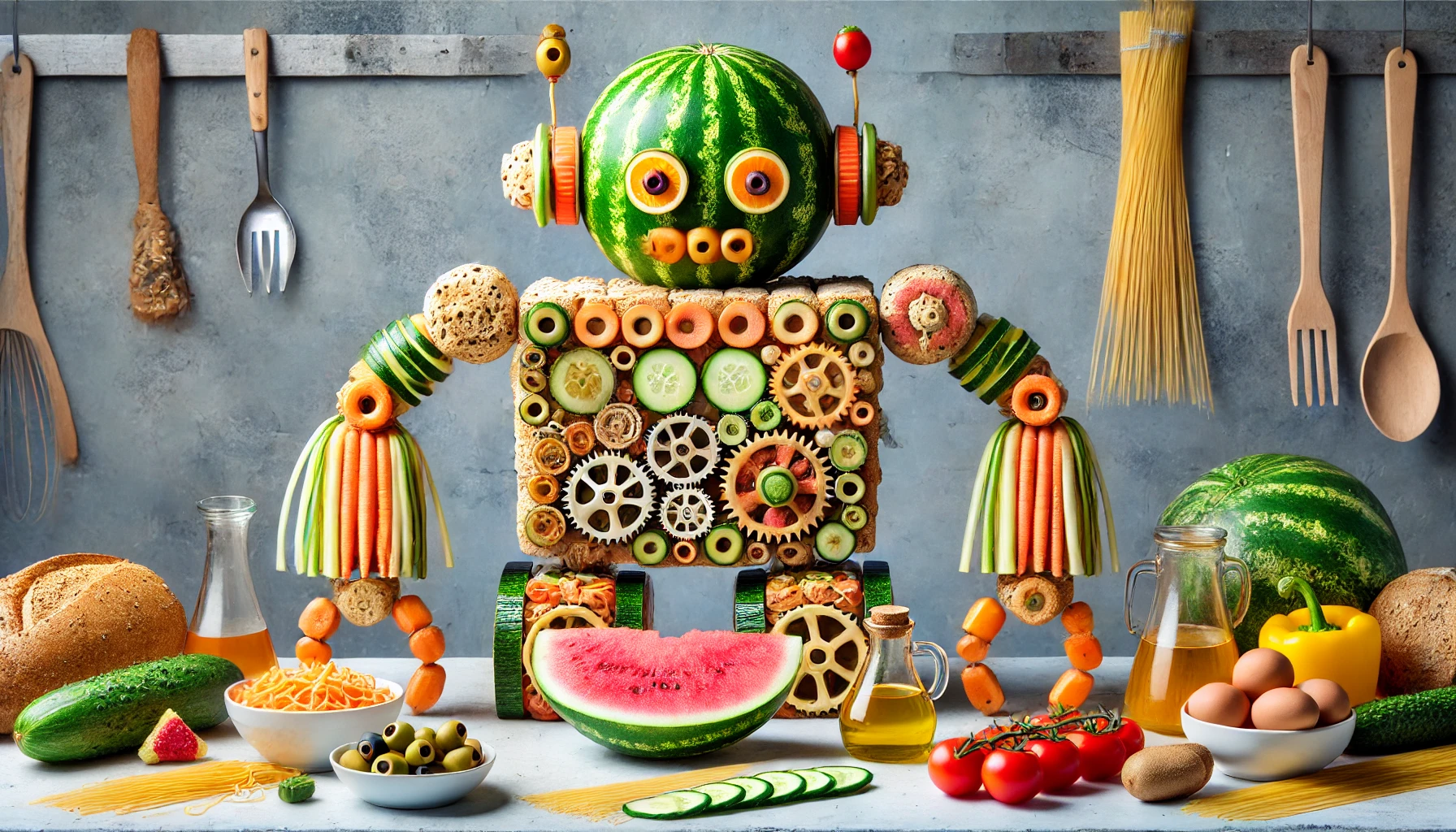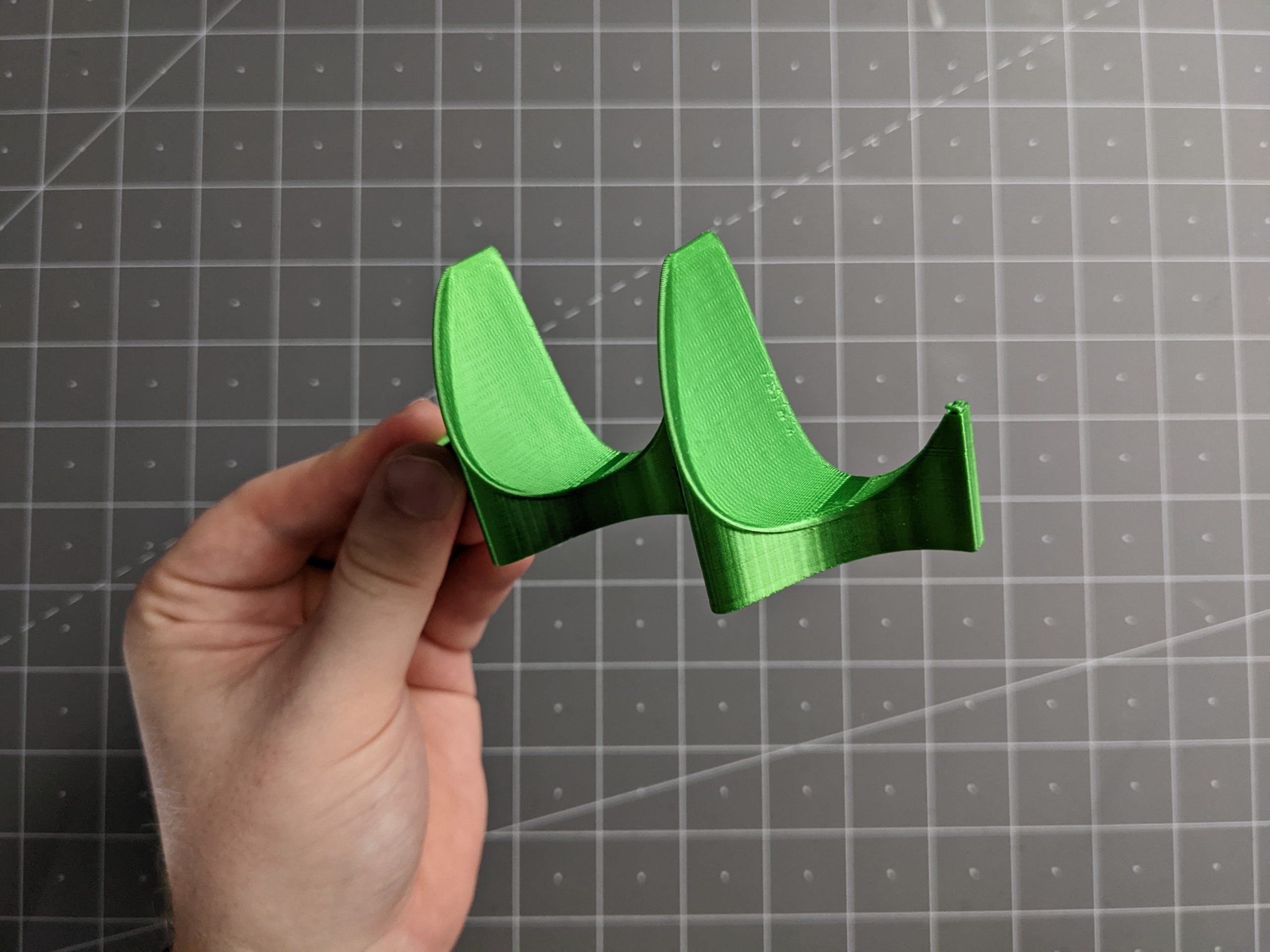Scaling a Production Internet Ready for Disaster Relief
WAU, SOUTH SUDAN: In 2017, Field Ready supported Water for South Sudan by 3D printing spare parts for its equipment. Wau State in South Sudan is a very remote place with huge supply problems. Engineer Dr. Ben Savonen then co-founded Kijenzi, an American-Kenyan commercial manufacturing network that had its first 3D printing center in Kisumu, Kenya.
A sea change has taken place over the past decade: the Maker movement, makerspaces and digital fabrication have now reached every country in the world. This change has transformed the way I work. I no longer respond directly to emergencies; instead, I try to help create the conditions for emergence: the emergence of local manufacturing and local responses.
When I joined Field Ready as a volunteer in 2012, it was still just an idea, a brilliant idea, that manufacturing machines could be deployed to disaster areas to provide supplies on demand . More broadly, the aim was to prepare cutting-edge innovations for the field of humanitarian aid. Starting our operations in 2014, we've built a great team across the world - our team meetings soon covered Fiji, Vanuatu, Australia, Philippines, Bangladesh, Nepal, Sri Lanka, India. Iraq, Syria, Jordan, Lebanon, Turkey, Kenya, Uganda, South Sudan, Germany, UK and all over the US as well.
We were printing medical equipment in Nepal after the earthquakes. We manufactured search and rescue equipment in Syria during the conflict. We have co-designed and rotomoulded deployable toilets in Fiji for cyclone responses. We made soap with toys inside to encourage refugee children in Iraq to wash their hands more often, reducing the spread of waterborne diseases.
We started helping local communities create creative spaces, FabLabs, and manufacturing businesses in places that didn't have them, including several cities in Iraq. We learned first-hand – and we tried to bring the perspective of the humanitarian sector – that basic aid items could be delivered cheaper, faster and better if they were made locally; a result that helps more people, faster and more effectively. (Indeed, a recent independent evaluation of our innovation in Syria confirms this.)

Today, importing fabricators, crafting spaces, or other crafting capabilities in response to a disaster is a last resort.
It is far better (and indeed more in line with humanitarian principles and objectives) to base responses on existing local capacities. And I find that now these abilities exist almost everywhere and they are getting stronger and stronger.
So today my Field Ready colleagues and I are working with 3D printing companies in northern Uganda to help them sell to the aid sector by providing financing and insurance quality. We help factories in the South Pacific expand their product portfolios to include key humanitarian items. And we're building the capacity of startups across Nepal and in Bangladesh to locally recycle plastic waste into shelter products. We don't...

WAU, SOUTH SUDAN: In 2017, Field Ready supported Water for South Sudan by 3D printing spare parts for its equipment. Wau State in South Sudan is a very remote place with huge supply problems. Engineer Dr. Ben Savonen then co-founded Kijenzi, an American-Kenyan commercial manufacturing network that had its first 3D printing center in Kisumu, Kenya.
A sea change has taken place over the past decade: the Maker movement, makerspaces and digital fabrication have now reached every country in the world. This change has transformed the way I work. I no longer respond directly to emergencies; instead, I try to help create the conditions for emergence: the emergence of local manufacturing and local responses.
When I joined Field Ready as a volunteer in 2012, it was still just an idea, a brilliant idea, that manufacturing machines could be deployed to disaster areas to provide supplies on demand . More broadly, the aim was to prepare cutting-edge innovations for the field of humanitarian aid. Starting our operations in 2014, we've built a great team across the world - our team meetings soon covered Fiji, Vanuatu, Australia, Philippines, Bangladesh, Nepal, Sri Lanka, India. Iraq, Syria, Jordan, Lebanon, Turkey, Kenya, Uganda, South Sudan, Germany, UK and all over the US as well.
We were printing medical equipment in Nepal after the earthquakes. We manufactured search and rescue equipment in Syria during the conflict. We have co-designed and rotomoulded deployable toilets in Fiji for cyclone responses. We made soap with toys inside to encourage refugee children in Iraq to wash their hands more often, reducing the spread of waterborne diseases.
We started helping local communities create creative spaces, FabLabs, and manufacturing businesses in places that didn't have them, including several cities in Iraq. We learned first-hand – and we tried to bring the perspective of the humanitarian sector – that basic aid items could be delivered cheaper, faster and better if they were made locally; a result that helps more people, faster and more effectively. (Indeed, a recent independent evaluation of our innovation in Syria confirms this.)

Today, importing fabricators, crafting spaces, or other crafting capabilities in response to a disaster is a last resort.
It is far better (and indeed more in line with humanitarian principles and objectives) to base responses on existing local capacities. And I find that now these abilities exist almost everywhere and they are getting stronger and stronger.
So today my Field Ready colleagues and I are working with 3D printing companies in northern Uganda to help them sell to the aid sector by providing financing and insurance quality. We help factories in the South Pacific expand their product portfolios to include key humanitarian items. And we're building the capacity of startups across Nepal and in Bangladesh to locally recycle plastic waste into shelter products. We don't...
What's Your Reaction?






















